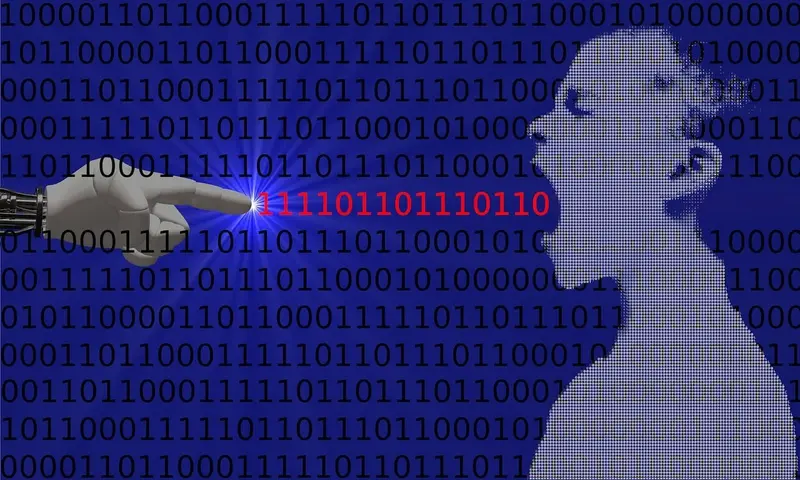The most important skill for children in such situations is the ability to assess the reliability of sources and thus develop critical thinking.
Researchers from the National University of Singapore found that children were more likely to trust an unreliable human informant than an unreliable robot informant. But this was only one of their observations.
The research was led by Dr. Li Xiaoqian and her academic supervisor, Professor You Wei Quin. Together with their team, they discovered that “children don’t just trust those who label them—they trust those who have proven reliable in the past.” According to the researchers, this selectiveness in social learning reflects the development of children’s understanding of what constitutes a trustworthy source of information.
“The question is how young children use their intellect to decide when to learn and whom to trust,” noted Dr. Li Xiaoqian.
How the research was conducted
The team involved preschoolers from institutions such as ChildFirst, Red SchoolHouse, and Safari House in Singapore. The average age of participants was 4.58 years, which served as the cutoff for dividing them into younger and older age groups.
Participants interacted alternately with either a human or a robot informant (a humanoid robot with a human but robotic voice). These informants provided either accurate or inaccurate definitions of various objects.
To measure the children’s level of trust, the researchers observed how the kids responded to new information provided by these informants, according to Earth.

What the team discovered
The results showed that children trusted informants—whether human or robotic—who had previously provided accurate information. However, they were reluctant to trust informants who had given incorrect information in the past, especially if the informant was a robot.
Additionally, younger children were more likely to trust an unreliable human than an unreliable robot. In contrast, older children tended to distrust unreliable informants, whether AI or human.
“These findings show that younger and older children may use different selective trust strategies, particularly when it comes to how they rely on informants’ reliability and identity cues when deciding whom to trust,” commented Dr. Li Xiaoqian.
According to her, as children grow older, they increasingly rely on reliability cues to shape their trusting behavior.
Previous studies have shown that children evaluate an informant’s reliability using various factors such as age, familiarity, and speech. Younger children tend to focus more on identity cues, while older children prioritize the content of the information.
This study is significant because it examined how children perceive information from both humans and robots, and how trust-based behavior develops in early childhood.
Understanding these issues offers unique insights into the development of trust and social learning in children growing up surrounded by diverse sources of information—including artificial intelligence, noted Professor You Wei Quin.
The results of the study were published in the journal Child Development.
